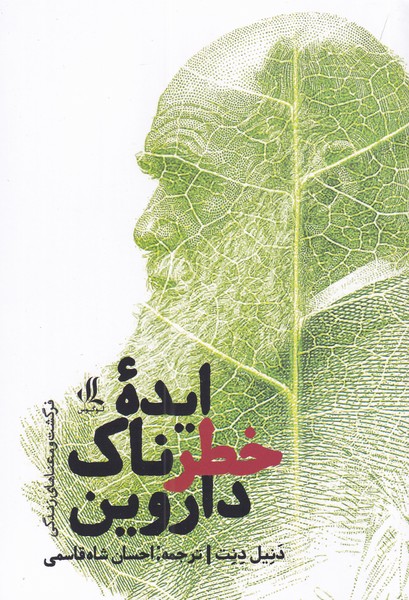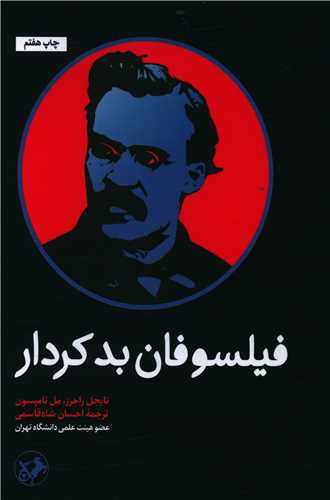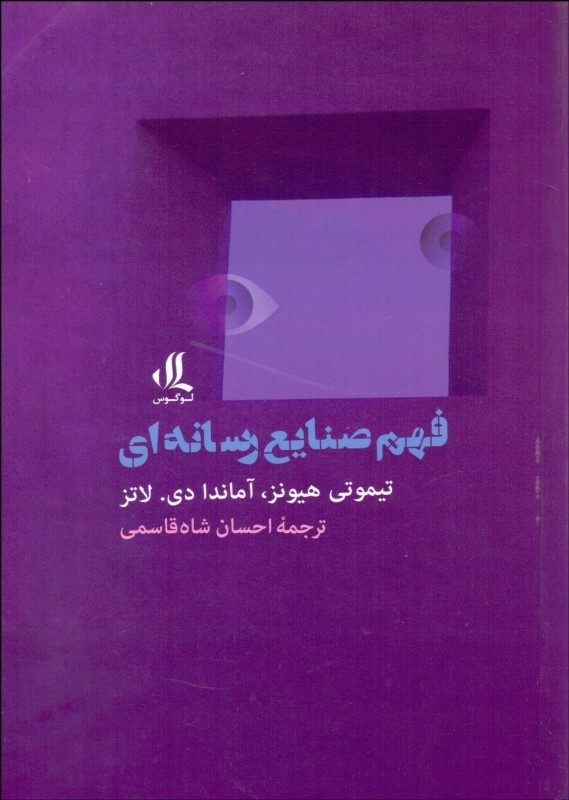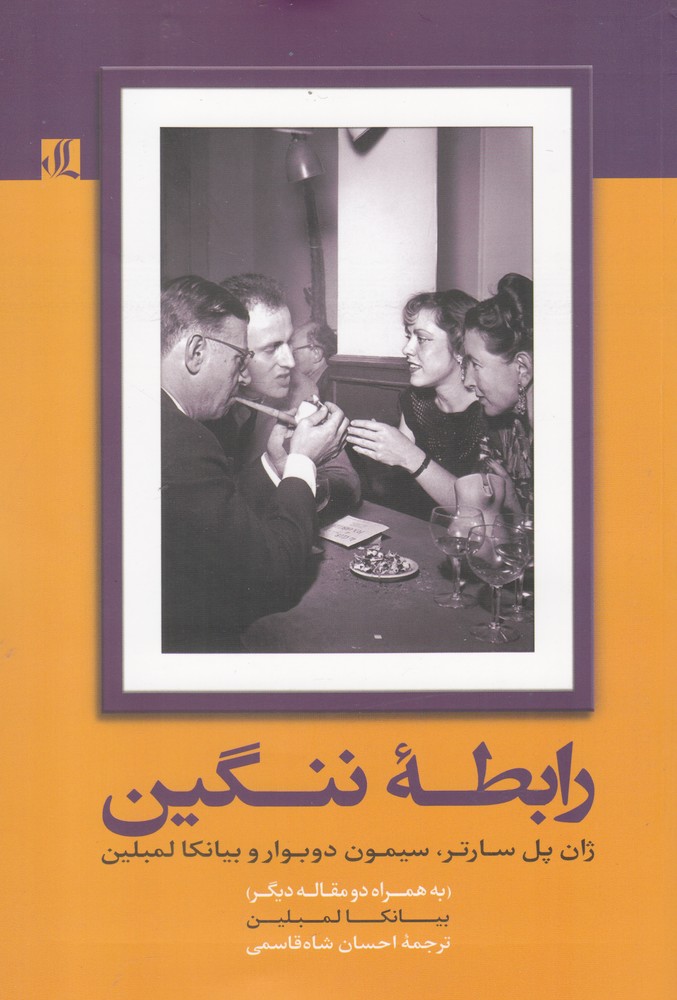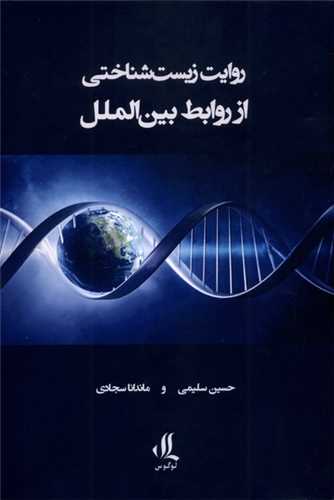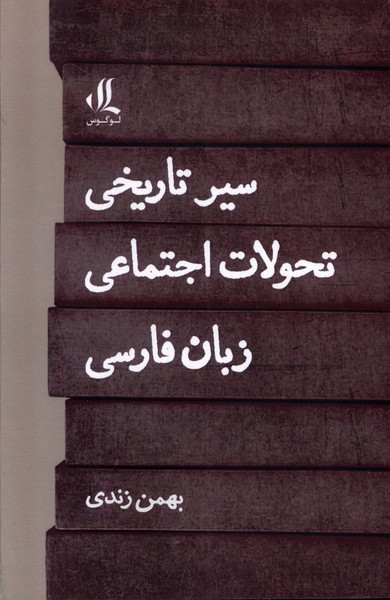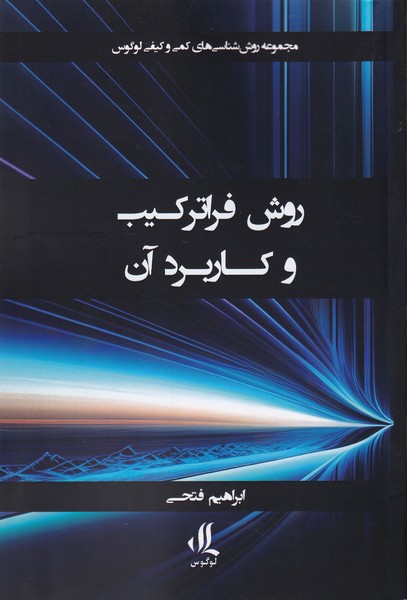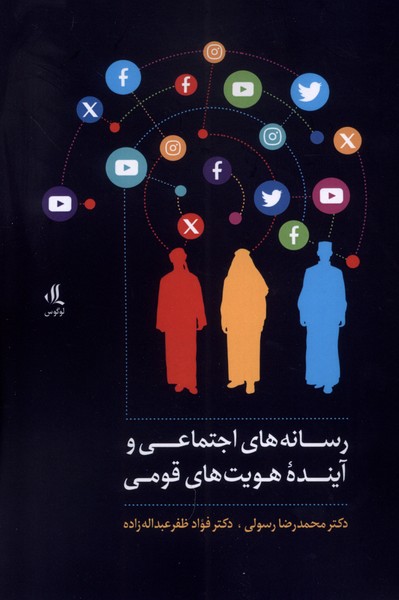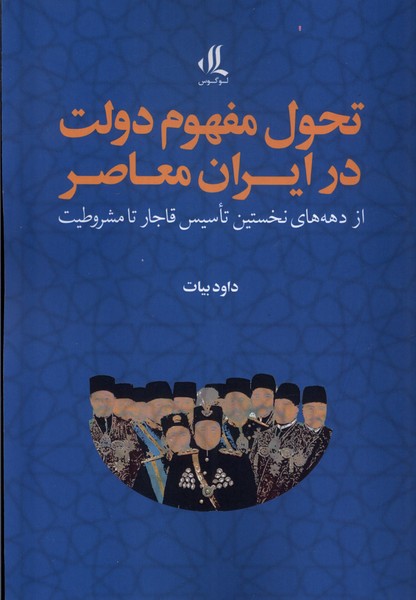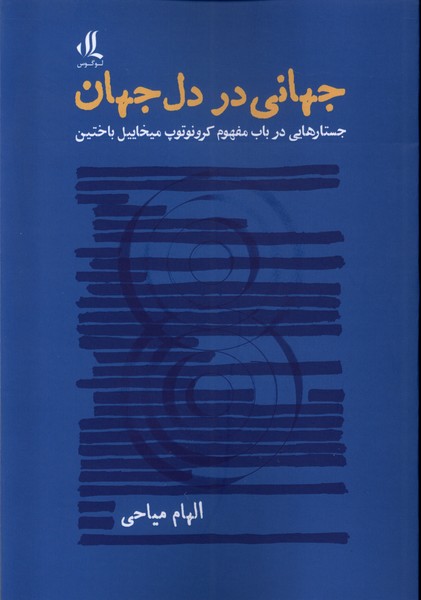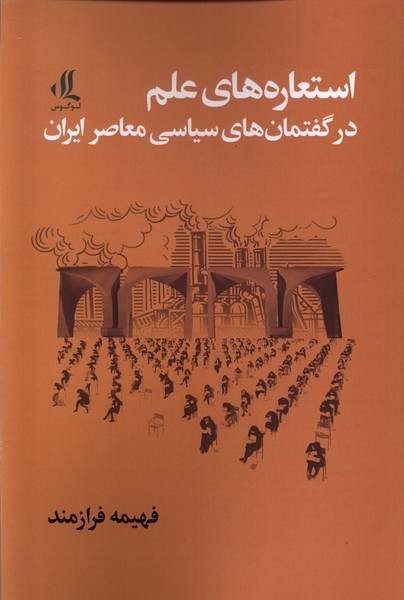Īdah-yi khaṭarnāk-i Dārvīn: Persian 1401
ایدهی خطرناک داروین
17.82 £
Share
Wishlist
Original Title:
Darwin's Dangerous Idea: Evolution and the Meanings of Life
ISBN:
9786227825237
Translator:
Ihsan Shāh'qāsimī
Publisher:
Lugus
Age Group:
Adult
Pages:
528
Weight:
492 g
Dimensions:
14 x 21 x 4.8 cm
Book Cover:
Paperback
Darwin's Dangerous Idea is a 1995 book written by philosopher Daniel Dent in which the author looks at some of the implications of Darwin's theory. The gist of the argument is that, whether Darwin's theories are disproved or not, there is no turning back from the dangerous idea that design (a purpose or something for that matter) might not need a designer. Dent makes this case on the basis that natural selection is a blind process, which is nonetheless powerful enough to explain the evolution of life. Darwin's discovery was that the generation of life worked algorithmically, that the processes behind it worked in such a way that, given these processes, the results they tend towards must be so.
For example, Dent says that many of his leading contemporaries claim that miracles can occur by claiming that minds cannot be reduced to purely algorithmic processes. These statements have created many discussions among the public. It was a finalist for the 1995 National Book Award in Nonfiction and the 1996 Pulitzer Prize for General Nonfiction.
In a book that is both groundbreaking and accessible, Daniel C. Dennett, whom Chet Remo of the Boston Globe calls "one of the most provocative thinkers on the planet," focuses his logically flawed mind on the theory of natural selection, showing how Darwin's big idea changed our traditional view of humanity's place in a changing world. And it turns on. Dent clearly describes the theory itself and then extrapolates Darwin's views with impeccable reasoning to their often surprising results, challenging the views of some of the most famous scientists of our time.
more
ایده خطرناک داروین کتابی است که در سال 1995 توسط فیلسوف دانیل دنت نوشته شده است که در آن نویسنده به برخی از بازتاب های نظریه داروین نگاه می کند. اصل بحث این است که، چه نظریات داروین ابطال شوند یا نه، هیچ بازگشتی از این ایده خطرناک وجود ندارد که طراحی (هدف یا چیزی برای آن) ممکن است به طراح نیاز نداشته باشد. دنت این مورد را بر این اساس بیان می کند که انتخاب طبیعی یک فرآیند کور است، که با این وجود برای توضیح تکامل حیات به اندازه کافی قدرتمند است. کشف داروین این بود که نسل حیات بهصورت الگوریتمی کار میکرد، فرآیندهای پشت سر آن بهگونهای کار میکردند که با توجه به این فرآیندها، نتایجی که آنها به سمت آن تمایل دارند باید چنین باشد.
به عنوان مثال، دنت می گوید که بسیاری از معاصران برجسته او با این ادعا که ذهن ها را نمی توان به فرآیندهای صرفا الگوریتمی تقلیل داد، ادعا می کنند که معجزه می تواند رخ دهد. این اظهارات بحث و گفتگوهای زیادی را در بین عموم ایجاد کرده است. این کتاب نامزد نهایی جایزه کتاب ملی در سال 1995 در غیرداستانی و جایزه پولیتزر در سال 1996 برای ادبیات غیرداستانی عمومی بود.
در کتابی که هم پیشگامانه و هم قابل دسترس است، دانیل سی. دنت، که چت ریمو از بوستون گلوب او را «یکی از تحریککنندهترین متفکران روی کره زمین» میخواند، ذهن منطقی اشتباه خود را بر نظریه انتخاب طبیعی متمرکز میکند و نشان میدهد که چگونه داروین ایده بزرگ دیدگاه سنتی ما را از جایگاه بشر در جهان متحول و روشن می کند. دنت به وضوح خود این نظریه را توصیف می کند و سپس دیدگاه داروین را با استدلال های بی عیب و نقص به نتایج اغلب غافلگیرکننده آنها تعمیم می دهد و دیدگاه های برخی از مشهورترین دانشمندان عصر ما را به چالش می کشد.
more

